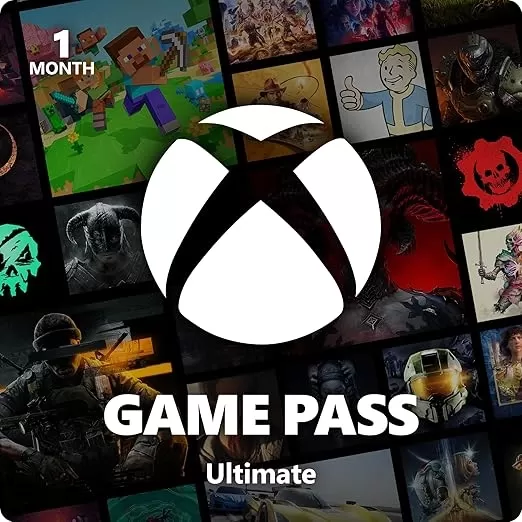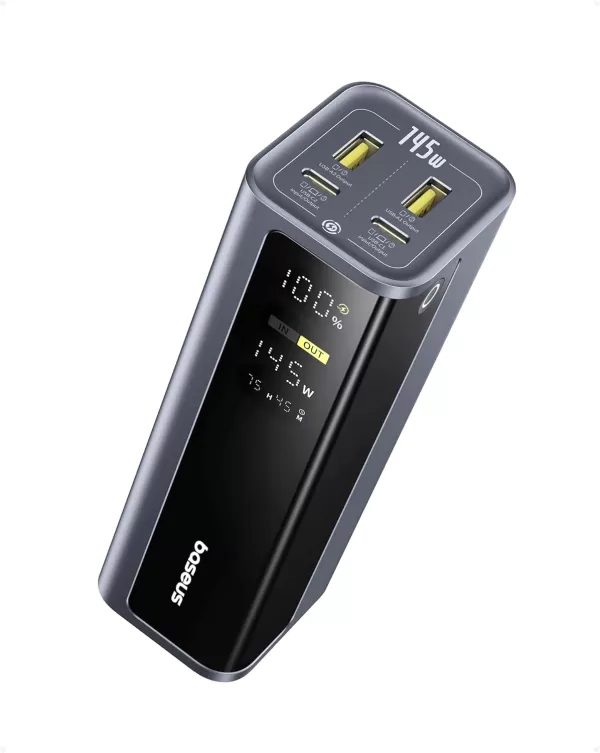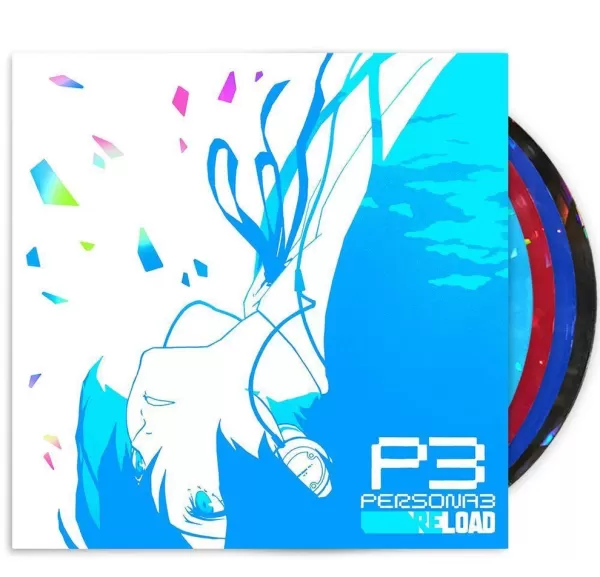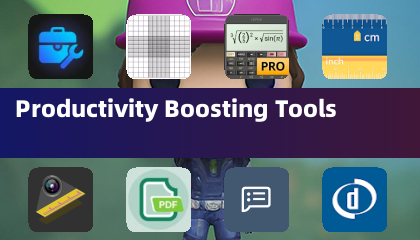The Pokémon Company secures a significant victory in a copyright infringement lawsuit against Chinese companies that created a blatant copy of its popular franchise. The Shenzhen Intermediate People’s Court awarded The Pokémon Company $15 million in damages, a portion of the initially requested $72.5 million.
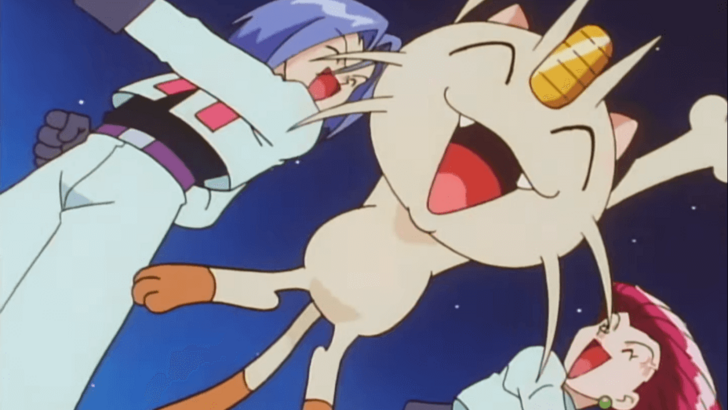
Chinese "Pokémon Monster Reissue" Found Guilty
The lawsuit, filed in December 2021, targeted several Chinese companies responsible for the mobile RPG "Pokémon Monster Reissue." This game, launched in 2015, featured strikingly similar characters, creatures, and gameplay mechanics to the Pokémon series. The court found the similarities went beyond mere inspiration, constituting blatant plagiarism.
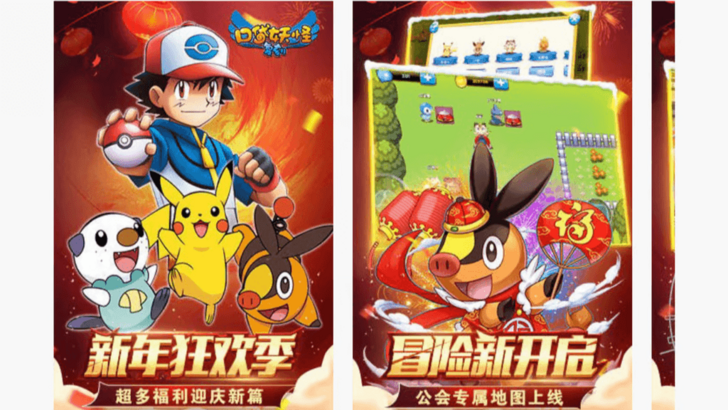
The evidence presented included the game's icon, which used Pikachu artwork from Pokémon Yellow, and advertisements featuring Ash Ketchum, Pikachu, and other recognizable Pokémon without modification. Gameplay footage further highlighted the extensive copying of characters and Pokémon from various games in the series.
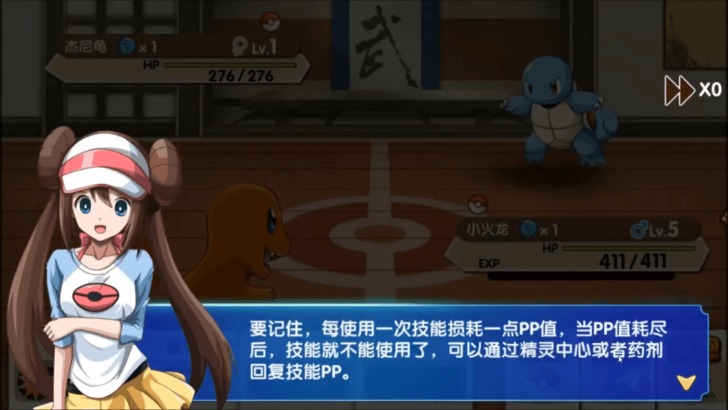
While the initial demand included a public apology and cessation of development, distribution, and promotion of the infringing game, the court's decision, though less than the initial request, still serves as a strong deterrent against future copyright infringement. Three of the six companies involved have reportedly filed appeals.
The Pokémon Company reaffirmed its commitment to protecting its intellectual property, ensuring fans worldwide can enjoy Pokémon content without disruption.
The Pokémon Company's Stance on Fan Projects
The Pokémon Company's legal actions have drawn criticism in the past for targeting fan projects. However, former Chief Legal Officer Don McGowan clarified the company's approach in a March interview. He stated that the company doesn't actively seek out fan projects but intervenes primarily when projects gain significant traction, such as through crowdfunding.
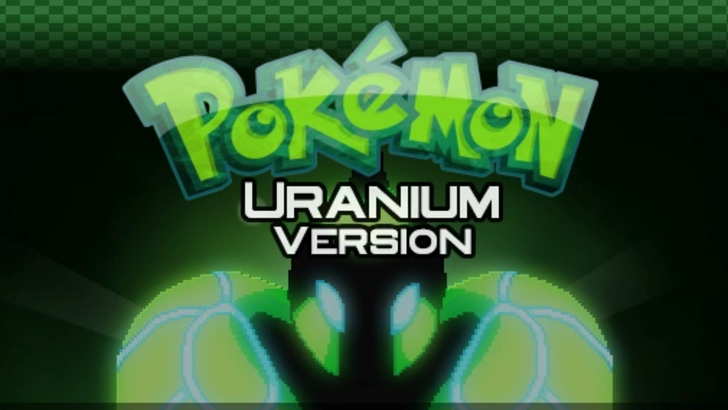
McGowan highlighted that the company usually becomes aware of fan projects through media coverage or direct discovery. He emphasized that the company generally prefers to avoid legal action against fans, only taking action when projects reach a level of commercialization or infringement that warrants legal intervention.
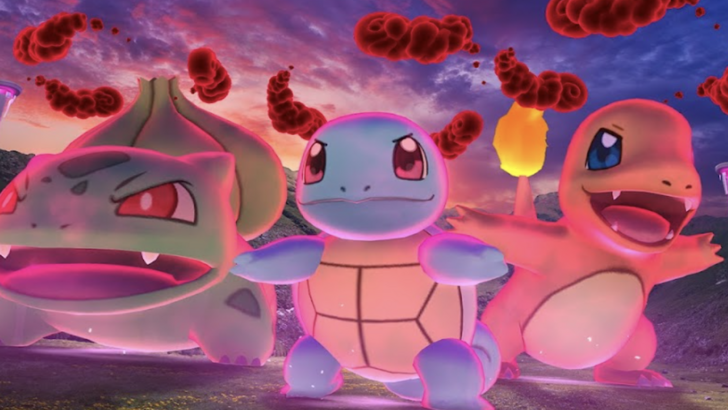
Despite this policy, there have been exceptions where takedown notices were issued for projects with minimal reach, including fan-made tools, games, and videos. This case, however, underscores the company's commitment to protecting its intellectual property against significant commercial infringement.






 LATEST ARTICLES
LATEST ARTICLES 